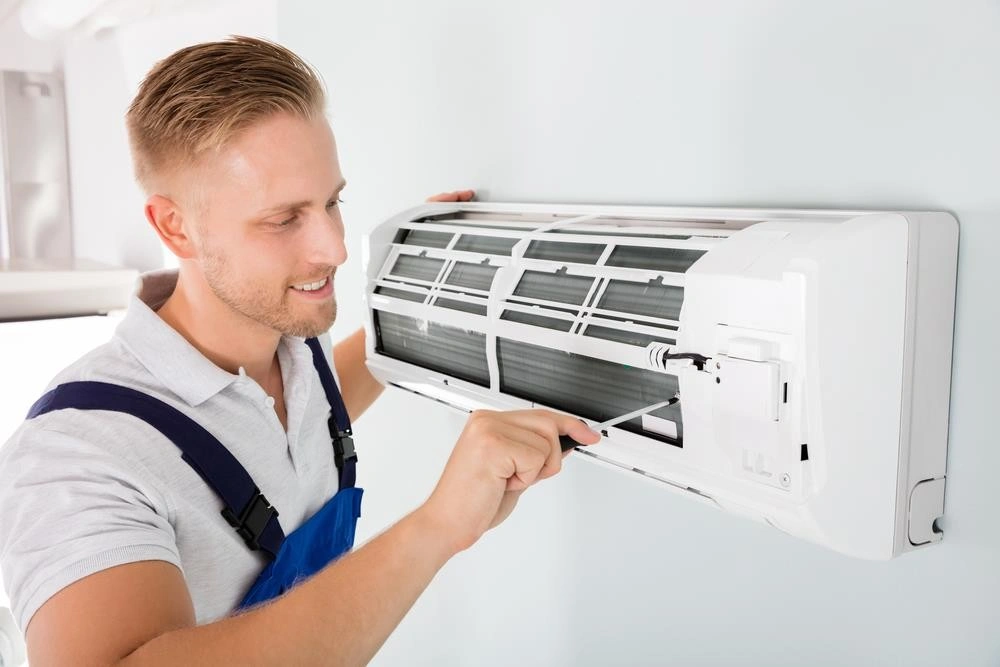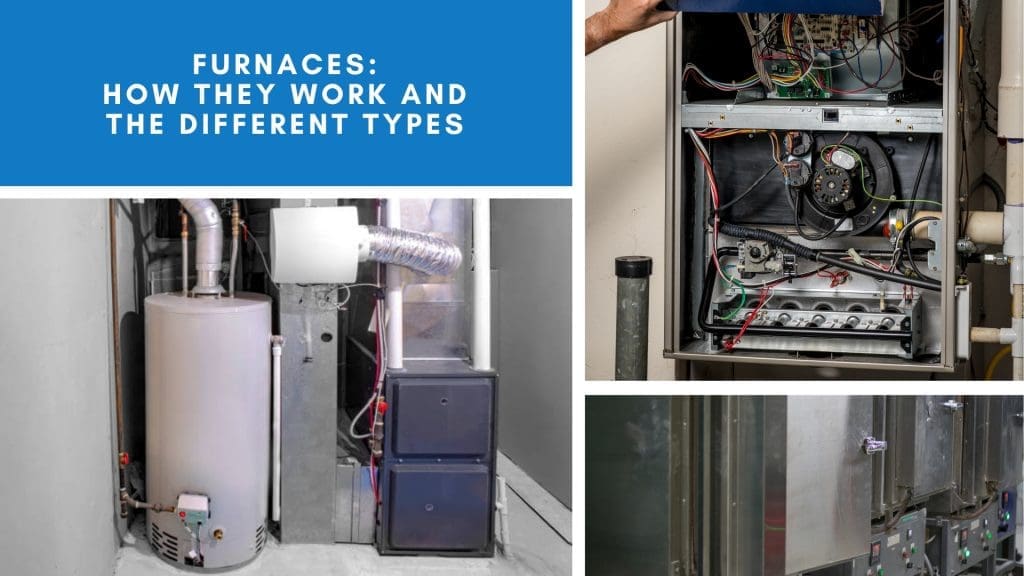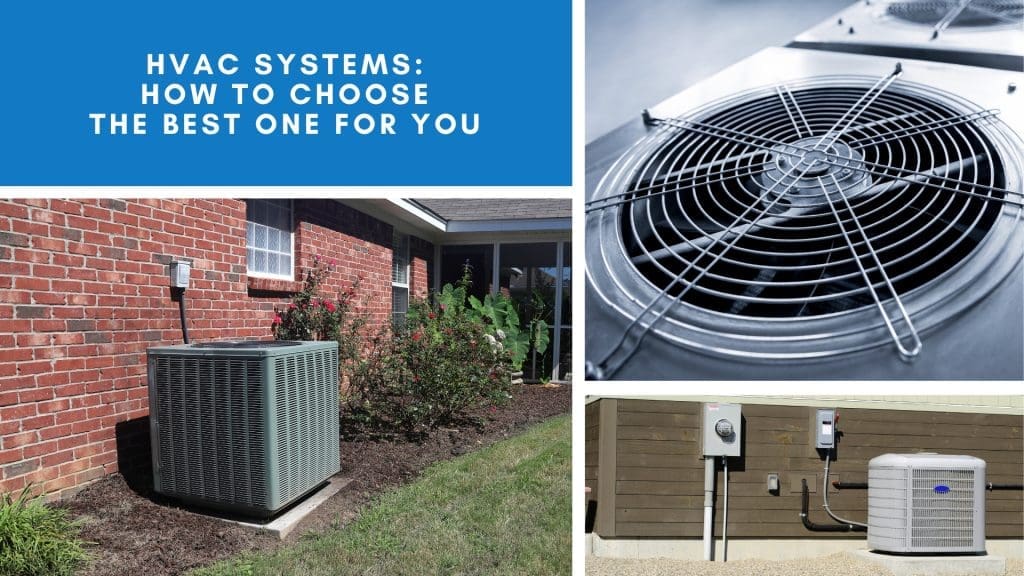Air conditioning is a modern comfort we often take for granted. It keeps us cool during hot summer days and warm when winter rolls in. But have you ever woken up with Sore Throat From Air Conditioner and wondered if your cooling system is to blame?
You’re not alone. Many people experience dry, scratchy throats after sleeping with the air conditioner on. This discomfort is often due to the dry air that air conditioning systems can produce. When the air in your home is too dry, it can irritate your throat and cause a sore throat.

But don’t worry, there are ways to prevent this. In this article, we’ll explore the link between dry air and sore throats, and provide practical tips to help you maintain a comfortable and healthy indoor environment. Whether you’re a busy small business owner, a work-from-home professional, or a multitasking stay-at-home mom, we’ve got you covered.
So, can dry air cause a sore throat from an air conditioner? Let’s find out.
Understanding the Link Between Dry Air and Sore Throats
Air conditioners are efficient at cooling or heating your home, but they can also lower indoor humidity. This lower humidity can make the air feel dry and affect your respiratory health. Dry air strips moisture from the tissues lining your throat. This lack of moisture can lead to irritation and a sore throat.
When the air conditioning runs continuously, the indoor air becomes drier. This dryness can cause the mucous membranes in your throat to become irritated. The mucous membranes are important for protecting your throat from irritants and infection, so when they’re dry, you’re more susceptible to discomfort.
Many people don’t realize that heating systems can also contribute to dry air. Whether you’re cooling or heating, your HVAC system plays a key role in your home’s air quality. Understanding this connection is essential for comfort.
A sore throat from dry air isn’t usually a sign of illness. It’s more like a temporary irritation that can be managed with the right strategies. Let’s delve deeper into how air conditioners affect humidity and steps you can take for relief.
How Air Conditioning Affects Indoor Humidity
Air conditioners, by their nature, lower the humidity of indoor air as they cool. They pull moisture from the air, making it feel cooler. However, this process can lead to overly dry conditions. This dryness can cause discomfort, particularly when you’re exposed for long periods.
As the moisture is removed, the air feels crisp but can also feel arid, particularly in tightly sealed indoor spaces. When the humidity drops below 30%, it can affect the skin and throat. Most people find comfort with indoor humidity levels between 30% and 50%.
Running your AC constantly, especially during dry seasons, can exaggerate this effect. This is why monitoring indoor humidity levels is vital. Investing in a hygrometer, a tool to measure humidity, can help keep your indoor environment balanced.
Symptoms of a Dry Air Sore Throat
A sore throat caused by dry air can be tricky to identify. Common symptoms include dryness, scratchiness, and a frequent need to clear your throat. These feelings are usually worse at night or early morning after sleeping with the air conditioning on.
Unlike a cold, a dry air sore throat doesn’t come with a fever or body aches. Instead, the sensation is more of a dry scratch rather than sharp pain. If you notice relief after hydrating or using a humidifier, dry air is likely the culprit.
Preventing Sore Throats Caused by Air Conditioning
Keeping indoor air moist is key to preventing dry air sore throats. Start by aiming for balanced humidity levels in your home. Using a humidifier can help maintain these levels, adding necessary moisture to the air. It’s a simple solution that can make a big difference.
Consider creating routines to ensure that air quality stays high. Implement regular maintenance checks for your HVAC system to identify and resolve any potential issues early. This upkeep includes cleaning filters and checking for leaks.
Here’s a list to guide your approach to home comfort:
- Use a hygrometer to monitor humidity levels.
- Invest in a quality humidifier if needed.
- Regularly change HVAC filters to keep air clean.
- Consult professionals for seasonal HVAC inspections.
- Seal leaks in doors and windows to retain humidity.
Each of these steps is small but vital. By attending to them, you can enjoy a more comfortable and healthy living space.
Optimal Humidity Levels for Comfort and Health
Maintaining optimal humidity levels promotes both comfort and health. A range of 30% to 50% humidity is recommended for most homes. This range prevents the air from becoming overly dry, reducing the risk of throat irritation.
When humidity stays within this range, your throat remains hydrated, reducing the chances of discomfort. High humidity can also cause problems, so striking a balance is key. Regularly check your home’s humidity and adjust as necessary.
The Role of Humidifiers and HVAC Maintenance
Humidifiers are invaluable tools for combating dry air. By adding moisture to the environment, they help keep your throat and skin comfortable. Portable humidifiers are easy to set up and can be used in any room you spend time in.
However, a humidifier alone isn’t enough. Regular HVAC maintenance is crucial for optimal air quality. This includes replacing filters and checking that your system runs efficiently. Clean filters reduce allergens and dust, which can also irritate the throat.
Scheduling professional maintenance checks ensures your system is in top shape. It’s a chance to catch minor issues before they become costly problems. Finally, ensure seals around doors and windows are tight, preventing air leaks that can disrupt humidity levels.

Practical Tips for Managing Indoor Air Quality
Indoor air quality has a large impact on health and comfort. There are simple ways to ensure the air you breathe is clean and healthy. Start by focusing on ventilation. Open windows when possible to allow fresh air to circulate.
In addition, the power of plants should not be underestimated. They naturally add moisture and purify the air. Choose plants like peace lilies and ferns, which thrive indoors. They are both aesthetic and functional additions to your space.
Regular cleaning also contributes significantly to air quality. Dust regularly and vacuum frequently to eliminate allergens. This keeps your air fresh and reduces throat irritation. Be mindful of using natural cleaning agents to avoid adding toxins to the air.
Here’s a handy list to enhance indoor air:
- Introduce houseplants for improved air quality.
- Keep windows open when the weather allows.
- Clean regularly to control dust and allergens.
- Consider an air purifier for additional cleaning.
- Limit the use of harsh chemicals indoors.
Remember, small steps can lead to big improvements. A conscious effort to maintain air quality helps prevent discomforts like sore throats.
Regular HVAC System Check-ups and Filter Changes
Routine HVAC check-ups are vital for maintaining high air quality. Professionals can spot issues early, preventing future headaches. This preventive approach ensures your system runs smoothly.
Changing filters regularly is also crucial. Filters trap dust and allergens, keeping them out of the air you breathe. A fresh filter improves efficiency and air quality.
Try to replace filters every 1-3 months, depending on usage and filter type. This small task makes a significant difference in maintaining a healthy environment.
Natural Ways to Increase Humidity and Air Quality
Nature offers easy solutions to enhance indoor air quality. Houseplants are a great place to start. They add humidity and clean the air naturally.
Another simple method is placing bowls of water around the house. As the water evaporates, it increases humidity levels. This is especially useful in dry environments.
Consider using natural materials like cotton or wool in your home decor. These materials can help regulate humidity levels better than synthetic options. Being mindful of these small adjustments makes a big difference in your home’s air quality.
When to Seek Professional HVAC Assistance
Recognizing when to call in HVAC professionals can save you time and money. While some issues might seem manageable, others require expert intervention. An inefficient HVAC system not only affects comfort but also increases energy bills.
It’s crucial to monitor your system for any abnormal behavior. Strange noises, odd smells, or uneven cooling or heating indicate possible problems. Ignoring these signs could lead to more significant issues down the line.
Professional HVAC help ensures accurate diagnosis and effective solutions. Experts have the tools and experience to address complex issues. A timely intervention can prevent bigger problems and prolong the lifespan of your system.
Don’t hesitate to contact a professional if you’re unsure about your HVAC’s condition. Investing in expert advice can provide peace of mind and optimal indoor comfort.
Signs Your HVAC System Needs Attention
Your HVAC system communicates through various signals when it’s struggling. A significant temperature difference across rooms is a common warning sign. This indicates that your system is not distributing air evenly.
Unusual sounds, such as banging or hissing, suggest internal issues. If the system emits unpleasant odors, there’s likely a problem with mold or dust. Pay attention to these signs to prevent further damage.
Frequent cycling, where the system turns on and off rapidly, is another red flag. This not only affects comfort but also spikes your energy costs. Seeking professional help at the first sign of trouble is wise.
The Value of Expert HVAC Services for Home Comfort
Professional HVAC services bring a wealth of benefits to homeowners. Experts can customize solutions to meet specific indoor comfort needs. Their knowledge ensures that your system operates efficiently throughout the year.
Routine professional maintenance can prevent unexpected breakdowns. This proactive approach helps maintain a comfortable and healthy home environment. Professionals provide insights into the latest technologies and energy-saving options.
Ultimately, investing in expert HVAC services translates to peace of mind. You can relax knowing that your system is in capable hands. High-quality, reliable services lead to long-term savings and consistent comfort in your home.
Conclusion: Can Dry Air Cause Sore Throat from Air Conditioner – Ensuring a Healthy Indoor Environment.
Maintaining a healthy indoor environment requires diligence and attention. Regular monitoring and maintenance of your HVAC system play a crucial role. By ensuring optimal humidity levels, you can prevent common issues like dry air sore throats.
Proactively managing indoor air quality benefits your health and comfort. It also enhances the longevity and efficiency of your heating and cooling systems. A well-maintained HVAC system translates to a happier, healthier home.
Remember, addressing small issues early can avert major problems later. Creating a comfortable environment doesn’t have to be complex. With the right steps, your home can be a safe haven of comfort.

Encouraging Proactive Measures and Professional Support
Taking proactive measures to maintain your HVAC system is always wise. Regular check-ups and preventive maintenance help keep the system running smoothly. This approach ensures fewer surprises and more consistent comfort year-round.
Professional support remains invaluable. HVAC experts offer solutions tailored to your specific needs. They possess the skills and tools necessary to tackle any challenges your system may present.
Remember, investing in professional services goes beyond immediate repairs. It includes informed decisions that enhance your home’s comfort and efficiency. Lean on the expertise of professionals to keep your indoor environment at its best.
Contact Information for Professional HVAC Services
For expert HVAC support tailored to your needs, contact LC Heating and Air Conditioning. We’re here to assist you in the greater Los Angeles area. Call us at [Phone Number] or visit our website at [Website URL] for reliable and friendly service.


